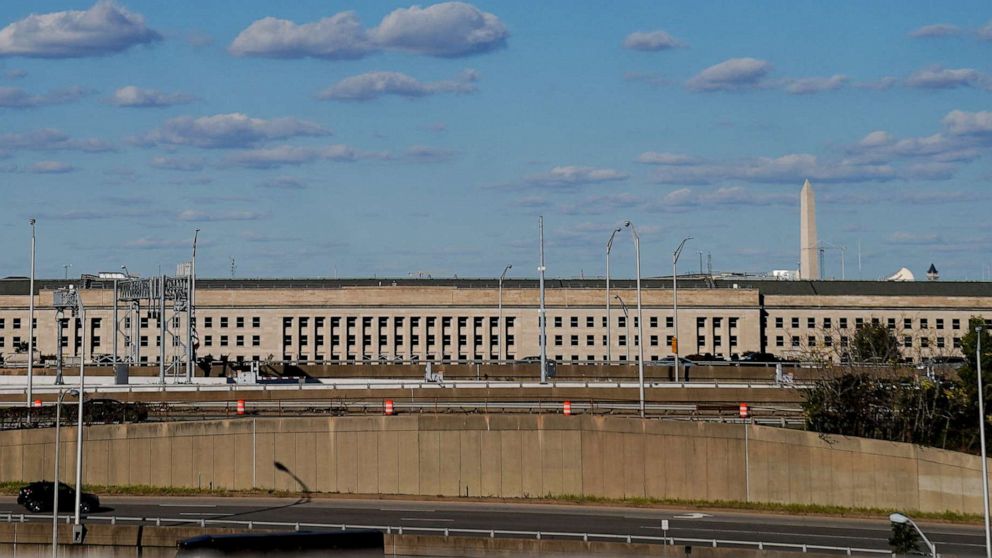Common Typo Leads to US Military Emails Being Sent to Mali
In today’s digital age, where communication is predominantly conducted through emails, a simple typo can have serious consequences. Recently, it was discovered that a common typo in email addresses has resulted in sensitive US military emails being sent to Mali, a country in West Africa. This inadvertent error has raised concerns about the security of classified information and the potential implications it may have on national security.
The typo in question involves the domain extension “.mil” being mistakenly replaced with “.ml,” which is the top-level domain for Mali. This minor oversight has led to a significant breach in the confidentiality of military communications, as emails intended for internal distribution within the US military have been inadvertently sent to unintended recipients in Mali.
The consequences of this typo are far-reaching and alarming. The US military relies heavily on secure communication channels to transmit classified information, coordinate operations, and maintain the integrity of national defense. Any breach in this system can compromise the safety of military personnel, jeopardize ongoing missions, and potentially expose sensitive information to unauthorized individuals.
The accidental transmission of military emails to Mali raises concerns about the effectiveness of the security protocols in place. It highlights the need for stringent verification processes and safeguards to prevent such errors from occurring. While human error is inevitable, especially when dealing with vast amounts of data and complex systems, it is crucial that measures are taken to minimize the impact of these mistakes.
One possible solution could be the implementation of automated email verification systems. These systems would analyze email addresses before sending messages and flag any potential errors or inconsistencies. By incorporating algorithms that detect common typos, such as the “.ml” instead of “.mil” mistake, these systems could significantly reduce the likelihood of sensitive information being sent to unintended recipients.
Additionally, increased training and awareness among military personnel regarding email security and proper address verification could help mitigate these types of errors. By emphasizing the importance of double-checking email addresses and encouraging a culture of vigilance, the likelihood of such typos occurring can be reduced.
Furthermore, it is essential to establish clear protocols for handling accidental breaches. In the event that sensitive information is sent to unintended recipients, prompt action must be taken to rectify the situation. This may involve notifying the individuals in Mali who received the emails, requesting their cooperation in deleting the messages, and implementing additional security measures to prevent further dissemination of the information.
The incident also underscores the need for ongoing evaluation and improvement of cybersecurity practices within the US military. As technology continues to advance, so do the methods employed by malicious actors seeking to exploit vulnerabilities. Regular assessments of security systems, as well as investments in cutting-edge technologies, are necessary to stay one step ahead of potential threats.
In conclusion, the accidental transmission of US military emails to Mali due to a common typo serves as a wake-up call for the importance of email security and verification processes. It highlights the need for robust systems that minimize human error and protect sensitive information. By implementing automated verification systems, enhancing training and awareness, establishing clear breach protocols, and continuously improving cybersecurity practices, the US military can strengthen its defenses and ensure the integrity of its communication channels.



